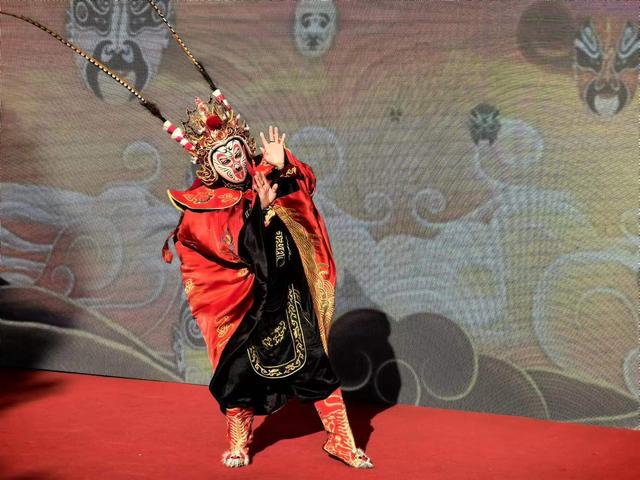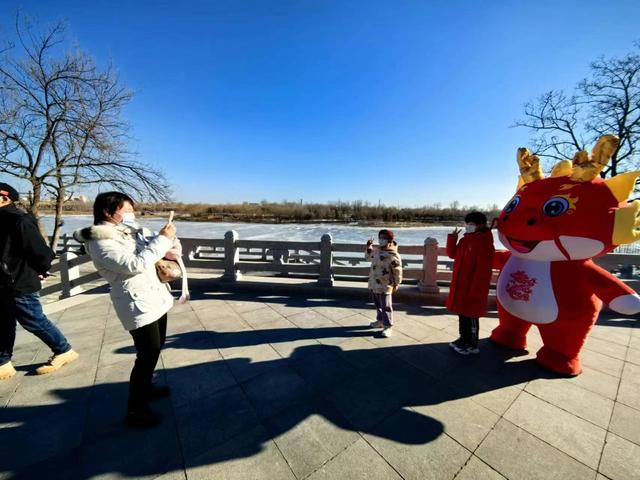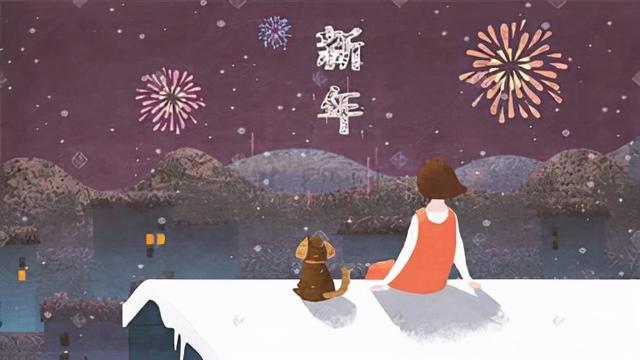On the afternoon of December 31, the "Love in Baifuquan" New Year’s Eve event was held.Grand Canal Yuantou Ruins ParkHold. At the event site, acrobatics, face-changing, dancing, magic and other programs were staged in turn, which attracted the on-site tourists to applaud and applaud. In addition, every hour, the organizers also set up an interactive game session, so that visitors can get dolls through interactive questions and answers during the New Year’s Eve activities.

The scene is full of flavor, and the theme dolls of the Year of the Dragon also appear in the park, attracting many children to interact and take photos. "I brought my children to play today, just in time for the New Year’s activities here. I feel that the atmosphere of the New Year is particularly strong and particularly festive. The children of the Little Dragon people like it very much and are rushing to take photos with it." Ms. Zhou said.

New year’s day holiday,Juyongguan Great Wall Scenic AreaOpened the Great Wall at night andLeduogangIntroduce preferential policies for scenic spots.During 17: 00-24: 00 on December 31st, 2023 and 05: 00-08: 00 on January 1st, 2024., with the shopping receipt and employee ID of Leduo Port on the same day, you can enjoy half-price tickets for the New Year’s Eve; Beijing residence permit with Changping District resident ID card and residence address in Changping District, and student ID card in Chang University are free.

At the same time,Return to heaven areaThe Huilongguan Sports and Cultural Center and Tiantongyuan Culture and Art Center also held a "double venue" linkage. The activities lasted until the end of January 2024, and more than ten activities kept going, allowing residents returning to heaven to celebrate the New Year.

New Year’s Day holiday lasts for 3 days.Tiantongyuan cultural art centerNew Year’s cultural activities, such as a new book launch conference, a New Year’s Eve party, a performance of the drama "The Death of Spring" and a photo exhibition, were held to enrich the amateur cultural life of the residents who returned to heaven. At the same time, in Huilongguan Sports and Cultural Center, the 2024 "Playing Basketball Together for the New Year" basketball game was staged with passion, offering a New Year’s basketball feast for sports fans.
Graphic/Xiang Lingxiao

Reporting/feedback
